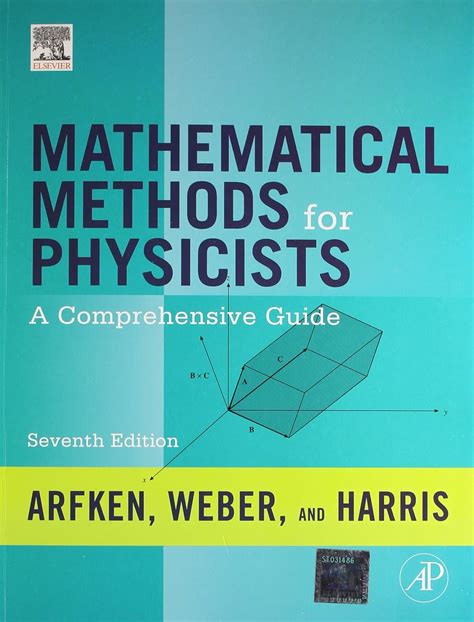Introduction
Physics, the captivating study of matter and energy, encompasses a myriad of specialized fields, each delve into distinct aspects of the physical world. From the cosmic expanse of astrophysics to the intricate realm of quantum mechanics, the diversity of physics is truly remarkable. This article will embark on a comprehensive journey, exploring the various kinds of physicists, their areas of expertise, and the groundbreaking discoveries that have shaped our understanding of the universe.

Theoretical physicists, the architects of the universe, delve into the fundamental laws of nature, seeking to unravel the mysteries of how it all works. They craft mathematical models and theories to explain phenomena ranging from the motion of planets to the behavior of subatomic particles. Their insights have given rise to groundbreaking discoveries, such as Einstein’s theory of relativity and the Standard Model of particle physics.
Key Subfields of Theoretical Physics:
- Cosmology: The study of the origin, evolution, and structure of the universe.
- Quantum mechanics: The study of the behavior of matter at the atomic and subatomic level.
- String theory: A cutting-edge theory that aims to unify the fundamental forces of nature.
- Statistical mechanics: The study of the collective behavior of large systems.
Experimental physicists, the explorers of the physical world, design and conduct experiments to test theories and gain empirical data. They utilize a wide array of instruments and technologies to probe the properties of matter, energy, and the cosmos. Their discoveries have played a pivotal role in advancing our scientific understanding and driving technological progress.
Key Subfields of Experimental Physics:
- Astrophysics: The study of celestial objects and phenomena, including stars, galaxies, and cosmic radiation.
- Condensed matter physics: The study of the physical properties of solids, liquids, and gases.
- High-energy physics: The study of fundamental particles and forces at high energies.
- Nuclear physics: The study of the structure and properties of atomic nuclei.
Applied physicists, the translators of knowledge into innovation, harness the principles of physics to solve real-world problems and develop new technologies. They work in a multitude of industries, including healthcare, energy, manufacturing, and telecommunications. Their expertise has led to the creation of groundbreaking inventions, such as lasers, transistors, and MRI machines.
Key Subfields of Applied Physics:
- Biomedical engineering: The application of physics to medicine and healthcare.
- Materials science: The study and development of new materials with improved properties.
- Nanotechnology: The manipulation of matter at the nanoscale to create novel devices.
- Optics: The study of light and its interactions with matter.
In addition to the broad categories of theoretical, experimental, and applied physics, there are numerous specialized fields that focus on specific aspects of the physical world. These physicists possess in-depth knowledge in their respective domains, advancing the frontiers of science in specialized areas.
Notable Specialized Fields:
- Atmospheric physics: The study of the Earth’s atmosphere and its interactions.
- Biophysics: The study of biological systems from a physical perspective.
- Engineering physics: The application of physics to engineering design and analysis.
- Environmental physics: The study of the physical aspects of environmental systems.
- Medical physics: The application of physics to medicine and medical imaging.
Embarking on the study of physics offers numerous benefits:
- Analytical and Problem-Solving Skills: Physics cultivates analytical thinking and problem-solving abilities, equipping individuals with the skills to tackle complex challenges.
- Technological Advancement: Physics has driven countless technological advancements, contributing to the development of innovations that improve our lives.
- Career Opportunities: Physicists are in high demand in various industries, including research, academia, technology, and finance.
- Exploration and Discovery: Physics enables us to explore the unknown, unravel the mysteries of the universe, and push the boundaries of human knowledge.
Aspiring physicists can pursue a variety of paths to enter the field:
Step 1: Acquire a Strong Foundation
Establish a solid foundation in mathematics, physics, and chemistry through high school and undergraduate studies.
Step 2: Choose a Specialization
Identify a specific field of physics that aligns with your interests and career goals.
Step 3: Earn a Graduate Degree
Most physics positions require a master’s degree or doctorate. Choose a program that aligns with your specialization and research interests.
Step 4: Gain Practical Experience
Engage in research projects, internships, and collaborations to gain practical experience in the field.
Step 5: Network and Build Relationships
Attend conferences, join professional organizations, and connect with professionals in the field to expand your network.
Common Mistakes to Avoid
– Underestimating the Mathematical Rigor: Physics requires a strong foundation in mathematics. Avoid underestimating the mathematical demands of the field.
– Neglecting Experimental Skills: Even for theoretical physicists, experimental skills are essential for understanding the practical implications of theories.
– Ignoring Interdisciplinary Connections: Physics interacts with other disciplines, such as biology, chemistry, and engineering. Avoid isolating physics from other areas of knowledge.
– Failing to Communicate Effectively: Physicists need to effectively communicate their findings to colleagues and the general public. Avoid relying solely on technical jargon.
The realm of physics is vast and ever-evolving, with new discoveries and applications emerging continuously. From the grand cosmos to the intricate subatomic world, physicists play a vital role in expanding our understanding of the universe and shaping the future of technology. Whether you aspire to become a theoretical architect, an experimental explorer, an applied innovator, or a specialized expert, the field of physics holds countless opportunities for those passionate about unraveling the mysteries of the physical world.
